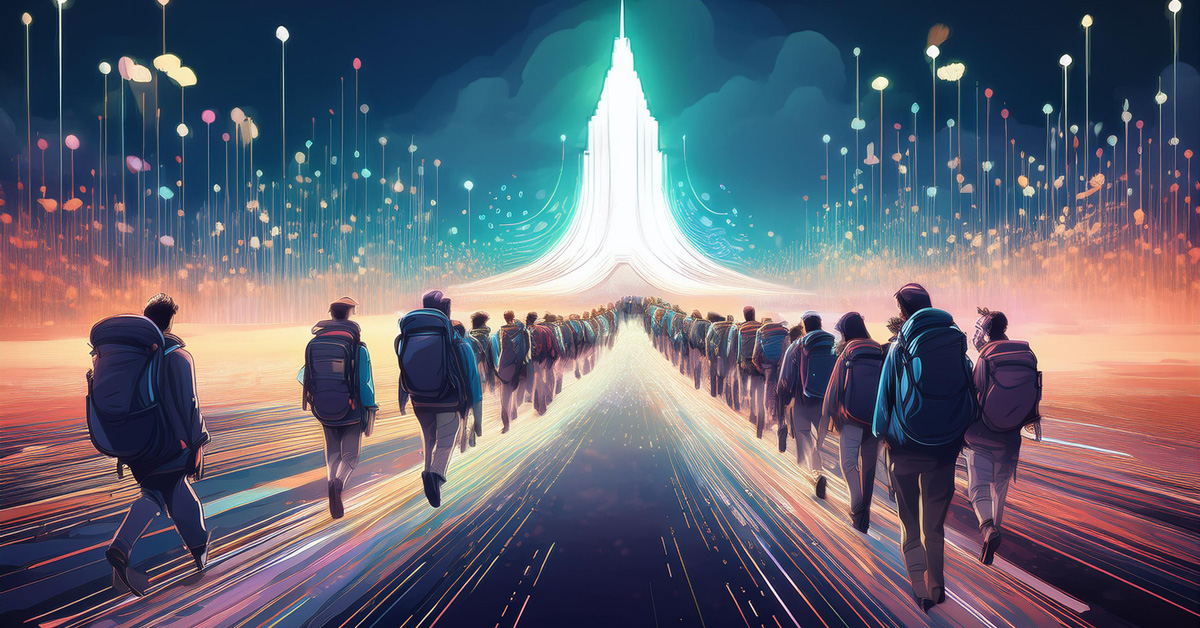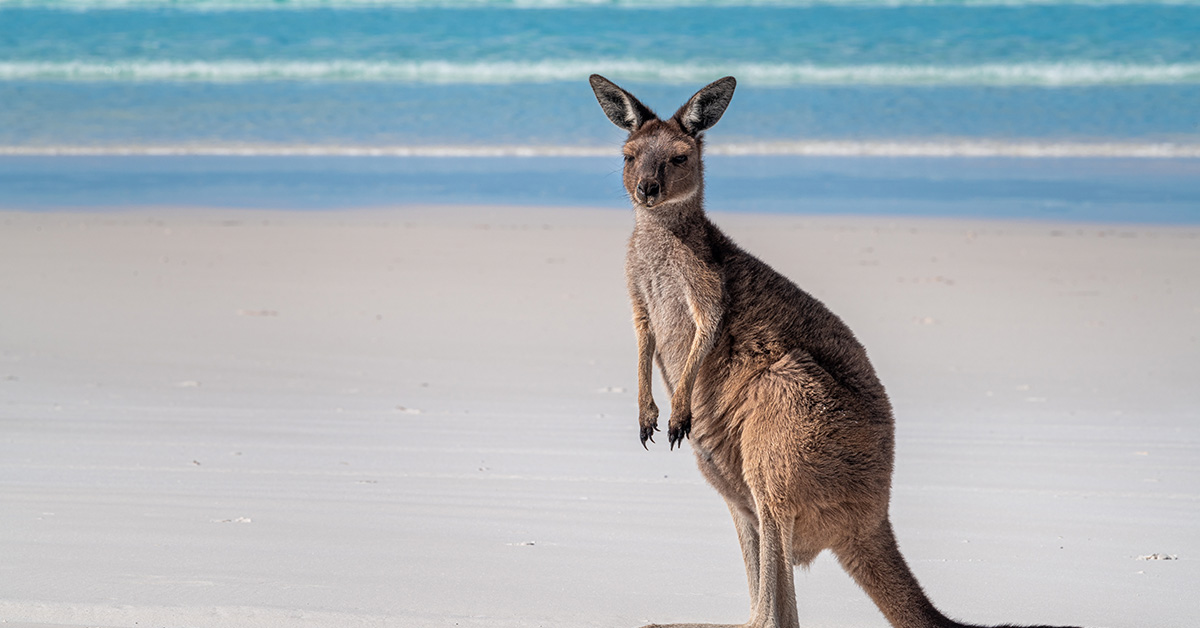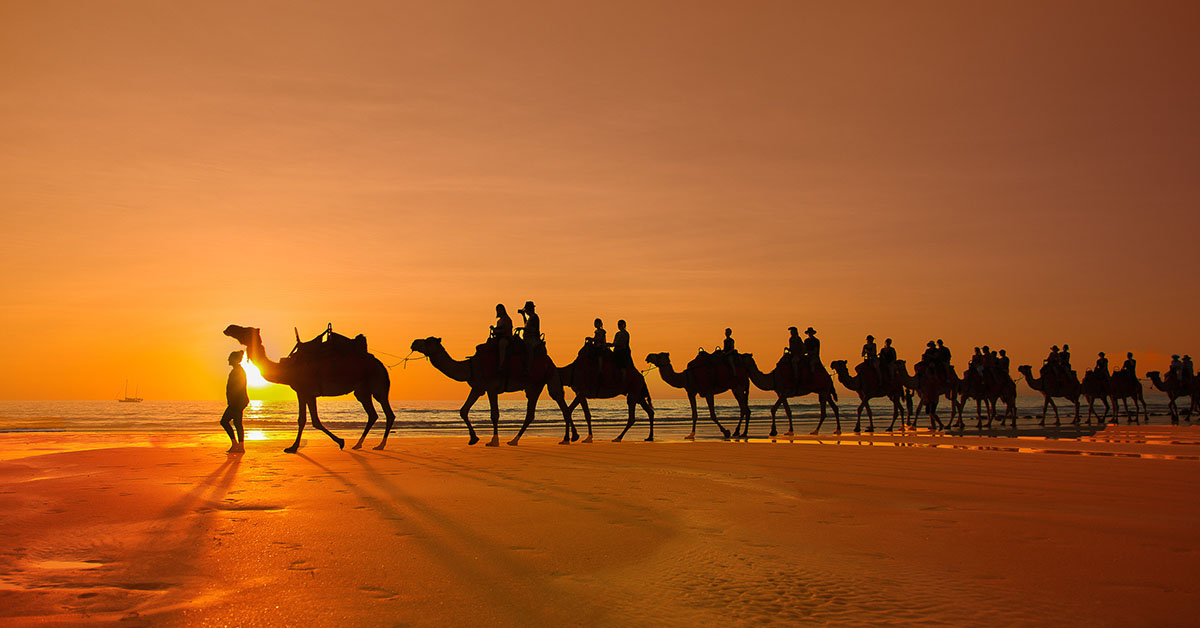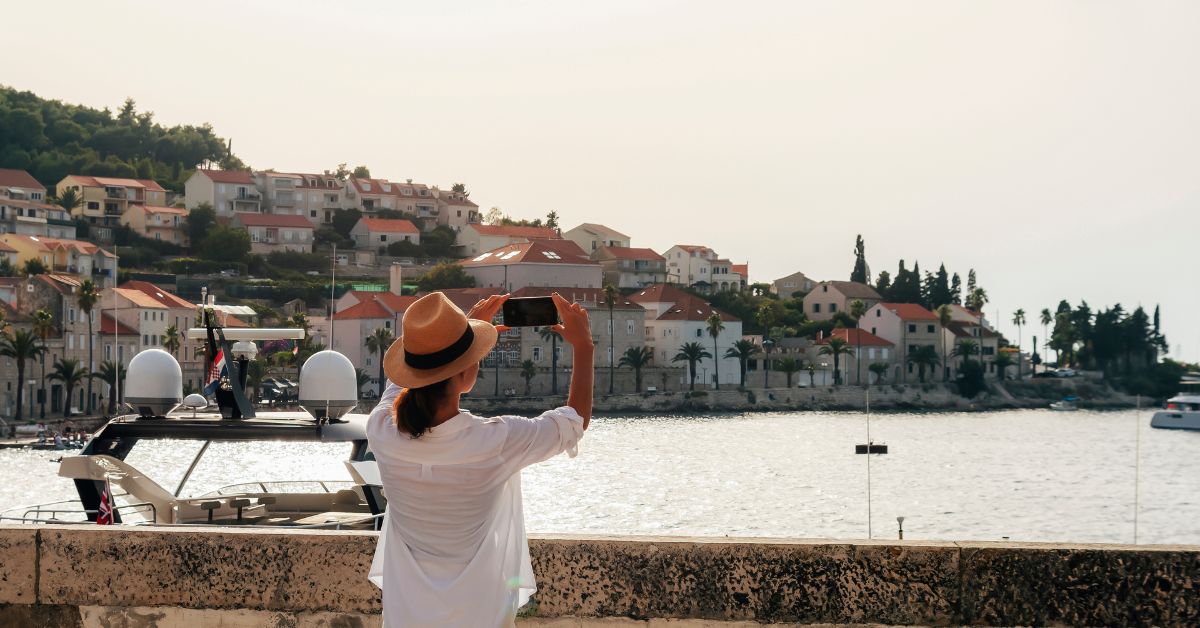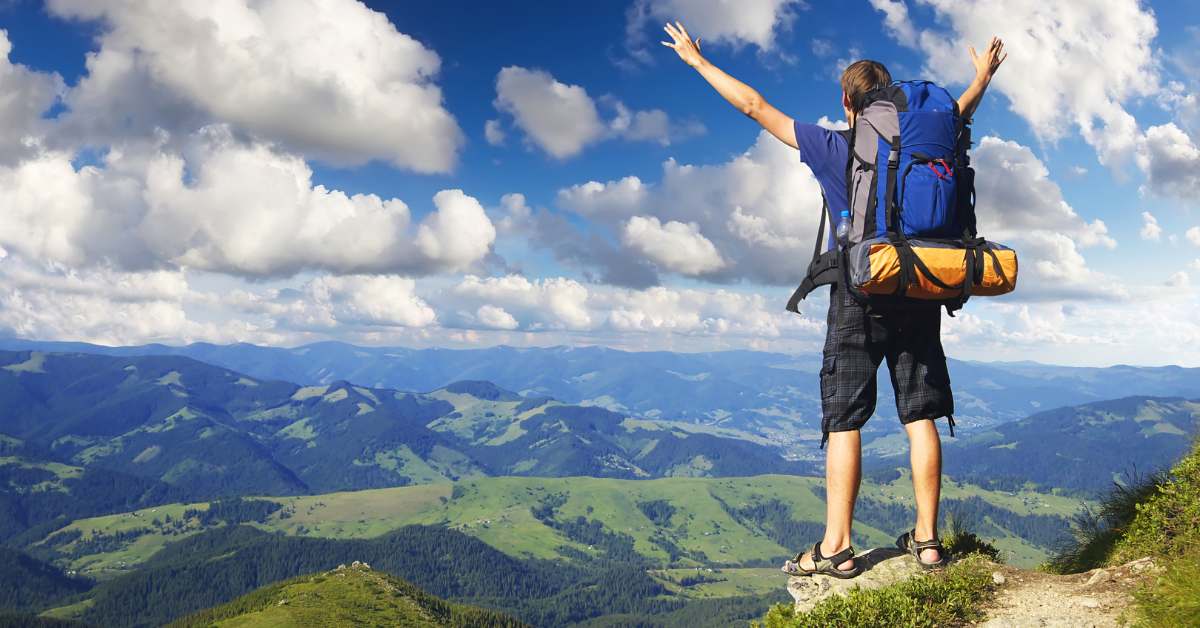Ever gotten lost in a new city? I have. I once spent a whole afternoon wandering around Townsville trying to find a specific pub that a friend had recommended. I checked Google Maps, I asked locals, I even tried deciphering those cryptic tourist maps with the tiny arrows and indecipherable symbols. No luck. I eventually found the place, hours later, completely by accident, tucked away down a hidden alleyway.
That experience, frustrating as it was, taught me a valuable lesson: finding your way in a new place is as much about the tools you use as it is about your own sense of direction.
This week’s newsletter is going to explore the power of those tools – digital platforms like TripAdvisor, Google Maps, and even those seemingly innocuous social media feeds that have become the invisible shepherds guiding tourists through the vast and often overwhelming landscape of the travel industry. We’ll be drawing on two recent academic articles, “Emerging Media Technologies in the Tourist Encounter” by Sinanan and Ritter (2024), and “TripAdvisor as a ‘Geo-pastoral Technology’” by Bassett (2024), to understand how these platforms aren’t just neutral sources of information; they’re actively shaping the way we see, experience, and even value places and experiences. Grab your favourite beverage, settle in, and let’s decode this together.
Unmasking the Shepherd – What the Heck is Going On?
Let’s start with the basics. Sinanan and Ritter (2024) use the term “emerging media technologies” to emphasise the intricate web of algorithms, platforms, and digital infrastructure that’s changing how we encounter and experience the world. They go beyond simply saying tourists use smartphones and social media. They highlight how the very fabric of our travel experiences, the places we choose, the sights we see, the stories we tell, are increasingly shaped by the invisible hand of technology.
Here are a few specific examples of how this invisible shepherd is quietly guiding your flock:
- Ranking and Ordering – The Algorithm’s Invisible Hand: Think about how TripAdvisor ranks hotels based on user reviews, or how Google Maps highlights certain restaurants based on search terms and popularity. Bassett (2024), in her article, argues that these algorithmic orderings have a profound impact on the tourism landscape. She points to research showing that places that are already popular tend to get even more attention, as they’re more likely to show up at the top of search results and recommendation lists. This creates a self-reinforcing cycle that can leave smaller, lesser-known businesses struggling to be seen.
- Curating Experiences – The Filter Bubble Effect: Have you ever noticed how your social media feeds seem to show you travel destinations and experiences that align with your interests? This isn’t a coincidence. As Sinanan and Ritter (2024) point out, platforms like Facebook and Instagram use algorithms to personalise your content, creating a kind of “filter bubble” where you’re only exposed to certain types of information. In the context of tourism, this means you might be missing out on a whole range of diverse and potentially life-changing experiences simply because the algorithm doesn’t think they’re “relevant” to you.
- Influencing Perceptions – The Power of the Crowd: We’re all susceptible to the opinions of others, especially when we’re venturing into unfamiliar territory. A flood of five-star reviews on TripAdvisor can make a restaurant seem irresistible, while a handful of negative comments can turn us off a hotel completely. Bassett (2024) argues that these platforms function as what Foucault called “technologies of subjectification” – they shape our desires, expectations, and even our sense of self. In essence, they tell us what to value, what to experience, and even how to feel about those experiences.
Why This Matters – Your Business is Part of This Ecosystem
Okay, so you might be thinking, “This is all very interesting, but what does it have to do with my tour company in Costa Rica or my charming bed and breakfast in the Scottish Highlands?”
Well, here’s the thing: Your business, whether you realise it or not, is part of this larger digital ecosystem, and understanding how it works is crucial for your survival and success. Here’s why:
- Visibility is King – You Snooze, You Lose: Imagine you’re a tourist planning a trip to New York City. You’re probably going to turn to Google, TripAdvisor, or maybe even TikTok for inspiration and recommendations. If your business isn’t showing up on these platforms, you’re missing out on a massive opportunity to connect with potential customers (Sinanan & Ritter, 2024). And it’s not just about being present; it’s about standing out from the crowd in a digital landscape that’s increasingly cluttered and competitive.
- Reviews: More Than Just Feedback – They’re Your Reputation: Remember that time you got a scathing review on Yelp from a customer who was having a bad day? Yeah, me too. It stings, but those online reviews, whether fair or not, have a huge impact on your business (Bassett, 2024). They can make or break your reputation, influence booking decisions, and even affect your pricing power. It’s essential to be proactive in managing your online reputation, responding to reviews, and encouraging satisfied customers to share their positive experiences.
- Beyond the Algorithm – The Human Touch Still Matters: While it’s crucial to understand how algorithms work and optimise your online presence accordingly, don’t lose sight of what truly matters: providing exceptional, authentic experiences that will generate genuine word-of-mouth recommendations (Sinanan & Ritter, 2024). In the end, the best way to win the platform game is to win over your customers in the real world.
Taming the Shepherd – Strategies for Success
Now that we’ve decoded the power of the digital shepherd, let’s talk about what you can do to harness this force for good.
- Claim Your Digital Territory: Make sure your business is listed and accurately represented on all major platforms. This includes TripAdvisor, Google Maps, Yelp, and any other relevant sites. Update your information regularly, respond to messages promptly, and use these platforms as a way to showcase your brand personality. Remember, first impressions matter – both online and offline.
- Engage, Engage, Engage: Don’t just sit back and wait for reviews to roll in – actively encourage customers to share their feedback, both positive and negative. You can do this by providing feedback cards, sending follow-up emails, or simply asking for reviews in person. Be sure to respond to all reviews, even the negative ones. Use them as an opportunity to learn, improve, and show potential customers that you care.
- Tell Stories Through Visuals: People are drawn to visuals, especially when planning a trip. Make sure your online presence is visually appealing and engaging. Invest in high-quality photos and videos that showcase your destination, your services, and the unique experiences you offer. Don’t be afraid to get creative and think outside the traditional tourism marketing box.
- Don’t Forget the Offline World: Remember, while digital platforms are powerful, they’re just one piece of the puzzle. Don’t neglect traditional marketing strategies like partnering with local businesses, attending industry events, or even handing out flyers at local tourist hotspots. The goal is to create a multi-faceted marketing strategy that reaches your target audience in a variety of ways.
- Embrace Your Uniqueness – Be Authentically You: In a digital world that’s saturated with generic content and cookie-cutter experiences, authenticity is more important than ever. Focus on what makes your business special, what sets you apart from the competition. Let your personality shine through in your online presence, and don’t be afraid to share your story. Remember, people connect with people, not with algorithms.
In the end, taming the digital shepherd is about understanding its influence, adapting your strategies accordingly, and using it to your advantage. It’s about finding the sweet spot where algorithmic savvy meets genuine human connection.
Feeling overwhelmed by the complexities of the digital tourism landscape? You’re not alone. Many tourism operators struggle to keep up with the ever-changing world of online marketing. That’s where Scott Aussie comes in. We help businesses like yours navigate the digital world, maximise their online visibility, and attract more customers. Let’s chat about how we can help you grow your tourism business.
